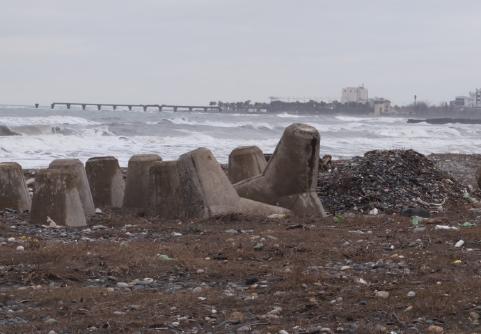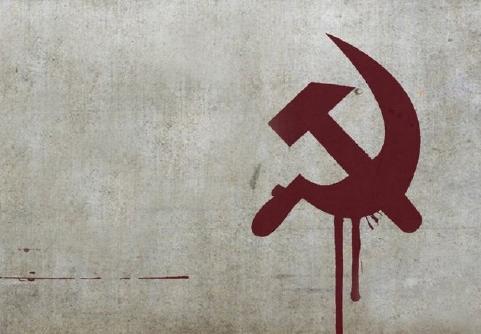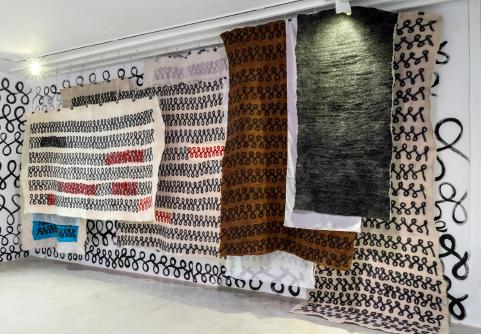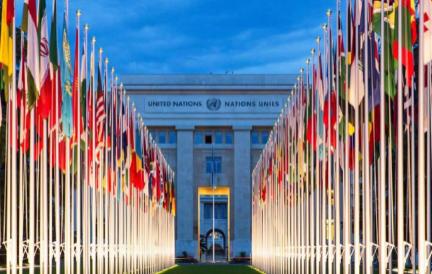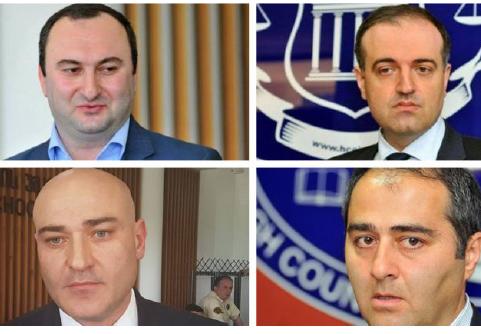
Author : Eduard Marikashvili
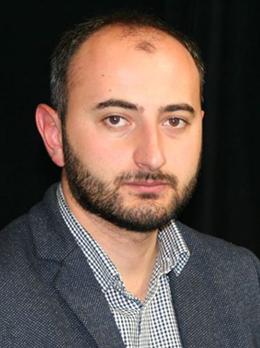
You may wonder why this brief article requires two headlines. I will certainly address that question, but before doing so, let me share information about the unprecedented decision made by the US Secretary of State on April 5, 2023, regarding Georgia.
On April 5, the announcement of sanctions against three current judges and one former judge of Georgia came as a surprise, akin to a thunderbolt from a clear sky. Mikhail Chinchaladze, Levan Murusidze, Irakli Shengelia, and Valeri Tsertsvadze were publicly sanctioned under the 7031(c) visa ban. The decision was grounded in allegations that these individuals were involved in significant corrupt activities.
Given the identity and actions of those subjected to sanctions, the decision did not come as a surprise. In Georgia, discussions about longstanding issues have been ongoing, and the State Department’s issuance of this significant document validates the existence of these problems. The individuals in question are accused of abusing their positions as court chairmen and members of the High Council of Justice, thereby eroding the rule of law and diminishing public trust in the Georgian judicial system.
The effect of surprise is linked to the author of the sanctions. Even for the most ardent supporters of the Georgian judiciary, the legal assessment by the United States of America of the activities of members of the Georgian court clan at the state level, which led to the imposition of sanctions, went beyond their dreams. But what would America be without such a commitment to the process of supporting democracy and the rule of law in its friendly nations?
It is crucial to understand the implications of publicly authorizing the denial of a visa under Rule 7031(c). This law governing visa restrictions has been in effect in the United States since 2008, aiming to identify and combat foreign corruption and human rights abuses. The U.S. Secretary of State possesses the authority to impose visa restrictions on both former and current officials, as well as their family members, who are found to be involved in significant corruption or severe human rights violations. A single credible piece of evidence is adequate to make this decision.
Interestingly, in contrast to the Magnitsky Act, which has a 5-year statute of limitations (applicable to acts committed within the last 5 years before the judgment is made), the Visa Restrictions Act does not have such a statute of limitations, and its validity is not retroactively limited. Here, this detail causes a special political and legal effect for the clan that started singing and Georgian justice.
As previously mentioned, the U.S. Secretary of State highlights the abuse of power and involvement in significant corrupt activities by the sanctioned judges during their tenures presiding over the court and serving as members of the High Council of Justice. The sanctioned judges had occupied key positions, including member of the High Council of Justice, secretary of the same council, and chairman of the Tbilisi Court of Appeal, for an extended period.1 We are referring to the period from 2007 to the present day. Allegations of abuse of power for personal gain and involvement in grand corruption relate to this entire period for visa restriction purposes. And this, based on the authority of the High Council of Justice and the importance of the Court of Appeal, raises serious questions about the decisions taken with their participation and the legitimacy of the justice system with their presence in the judiciary today.
Another crucial nuance highlighted in the public statement of the U.S. Secretary of State is noteworthy. The Secretary of State asserts that the United States supports all judges who exhibit the courage and integrity to act impartially and independently. In this regard, Murusidze and his “associates” may genuinely feel the weight of this statement. For them, U.S. visa restrictions pale in comparison to the potential consequences if individual judges comprehend the message.
The clan’s power architecture rests on the silence and obedience of individual judges. The existence of the clan is directly related to the uniform silence of the judicial system. The clan’s problems also arise when a crack appears in the collective silence and individual judges begin to talk openly about their problems.
That is why, while the whole society was celebrating the visa sanctions against the Clan and its family members, the Clan decided to consolidate the judiciary around itself. The sanctioning of three active and one former judge was a threat to the entire judiciary, and hundreds of judges gathered around the Georgian table to demonstrate unity and strength. A tipsy Murusidze topped off this gathering by singing a Georgian song in front of the cameras. Before that he responded with a poem by Giorgi Leonidze to the US Secretary of State and told the audience that he, who prefers “Alazani pheasant” to everything else, cannot be defeated by sanctions. Perhaps this statement of the sanctioned judge would have been convincing, if he, being on the verge of losing everything, had not remembered “the fluttering of wings of the pheasant over Alazani”.
Finally, let us turn back to the issues related to the two headlines of the article. After the police arrested me for holding a blank sheet of paper in front of the Georgian Parliament on 2 June 2023 and kept me in the pre-trial detention isolator for 48 hours, the case was brought to court. I am writing this article while waiting for the court to consider the declaration of me as a “hooligan”. After the first instance hearing, Levan Murusidze, who was sanctioned, will preside over the case in the court of appeal. Perhaps you are unaware, but it is Levan Murusidze who has been adjudicating cases initiated on charges of administrative violations for years in the appeals court. Meanwhile, an intriguing picture unfolds outside. While those who should normally get a sanctioned clan out of court are busy playing motorball, the clan has reacted to the sanctions in its own way, albeit somewhat effectively – by taking steps towards internal consolidation.
Nevertheless, this historic decision will not be without consequences. The first effect of the announcement of sanctions was the shattering of the illusion of the clan’s invincibility and inviolability. Subsequently, its “authority” in the court will continue to erode and the cracks in the judges’ united silence will continue to deepen.

